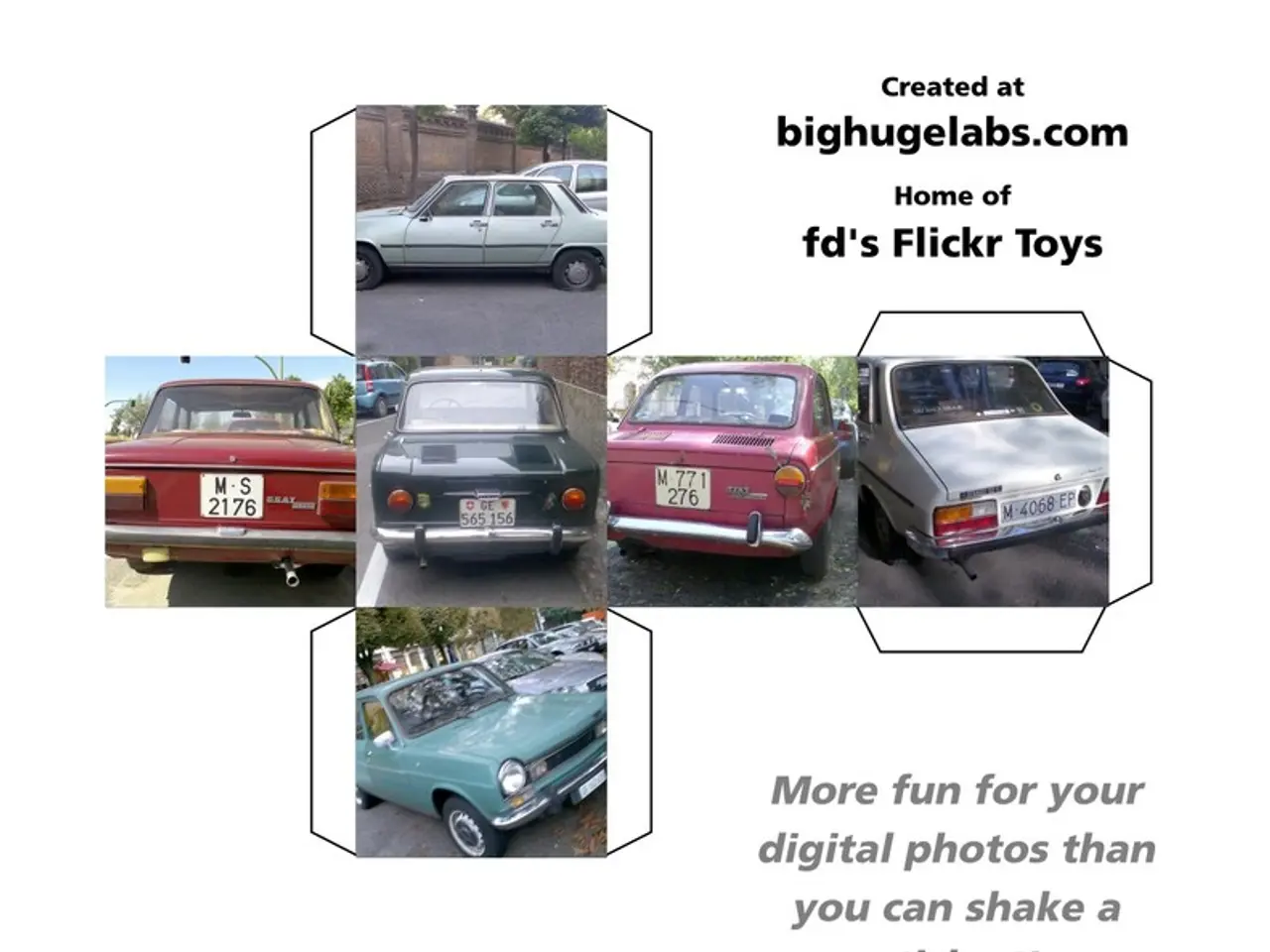EU's net zero future is potentially in jeopardy?
The transition to fossil-free alternatives is gaining momentum in major markets, such as the US, with a policy framework being established to accelerate this shift, creating an attractive investment environment. However, in Europe, the path is not as straightforward.
The Euro VII proposal, intended to set new pollutant emission standards for trucks and buses, has raised concerns among industry players and environmentalists alike. Recent studies suggest that Euro VII will only provide very marginal additional benefits to air quality, yet it could potentially halt the progress of the EU Green Deal and hinder the decarbonization of road transport.
Volvo Group, a leading player in the industry, is committed to net zero greenhouse gas emissions across trucks, buses, construction equipment, and marine solutions by 2040. Other global companies with their home bases in Europe, like ACEA's truck manufacturers, are also advocating for the transition to zero-emission mobility. Growing fleets of battery-electric trucks and electric buses are currently operating across Europe's highways and cities.
However, the Euro VII proposal presents major roadblocks for manufacturers and supply chain partners in their rapid shift to zero emissions. Compliance with the proposal would require truck makers to divert resources from battery- and fuel-cell electric vehicles back to the internal combustion engine, potentially slowing down the transition.
The European Commission has not yet detailed its position on the Euro VII proposal, while the European Parliament and member states are still in the process of reviewing and negotiating related environmental and transport regulations. A balanced approach is needed to support the transport sector on the road to zero-emission vehicles, with a streamlined, holistic approach to the massive transition to zero-emissions being essential.
Accelerated fleet renewal and prioritizing investments in zero-emission vehicles will have a significant impact on both air quality and CO2 emissions. The sustainable transition of road freight transport heavily relies on an articulated policy framework that includes the right charging and refueling infrastructure, supportive and well-synchronised vehicle regulations, and a comprehensive carbon pricing mechanism.
The Inflation Reduction Act (IRA) in the US creates massive incentives for battery-electric and hydrogen powered vehicles, further accelerating the transition in that region. The Chairman of ACEA Commercial Vehicle Board is advocating for rapid decarbonization of road transport in Europe, urging the European Parliament and member states to define their positions on the Euro VII proposal and to work towards a harmonized, supportive, and ambitious approach to the transition.
In a world where other regions are providing massive incentives to support the transition to zero-emission mobility, Europe needs to find a way to navigate the Euro VII proposal and the CO2 standards for heavy-duty vehicles, not in isolation, but as part of a comprehensive strategy for a sustainable and zero-emission future.








